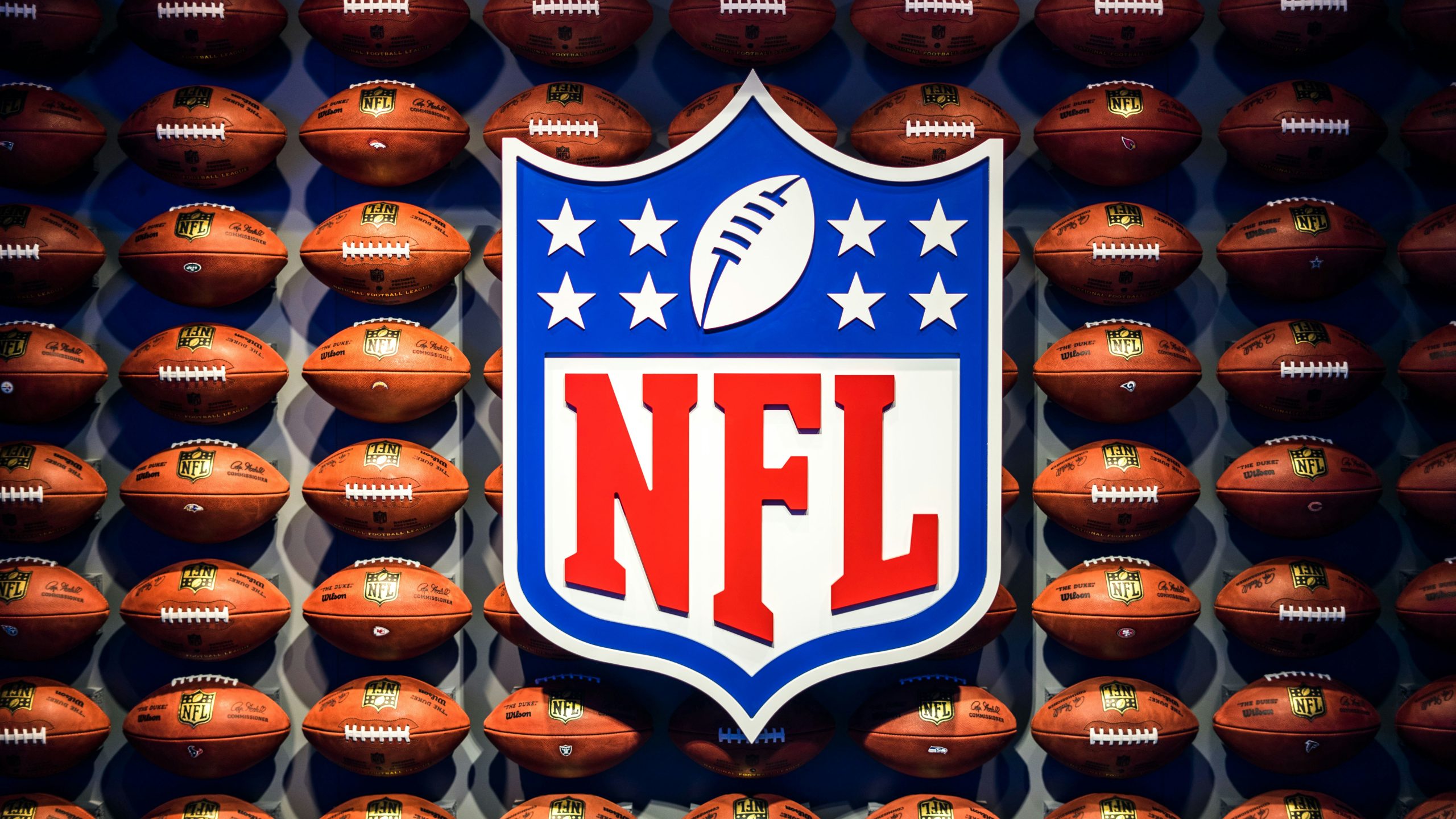Introduction:
Sports have been an integral part of human civilization for millennia, serving as a platform for physical prowess, competition, entertainment, and cultural expression. From ancient civilizations to modern societies, sports have evolved significantly, reflecting changes in technology, society, and human values. In this comprehensive exploration, we delve into the rich history, diverse forms, and evolving dynamics of sports, from their origins to their current state and future prospects.
Origins of Sports:
-
- Ancient Beginnings: Explore the origins of sports in ancient civilizations such as Mesopotamia, Egypt, Greece, and China, where various forms of physical competition and athletic contests were practiced as early as 3000 BCE, often associated with religious rituals, festivals, and military training.
- Olympic Games: Discuss the significance of the ancient Olympic Games in Greek society, which were held in Olympia from 776 BCE to 393 CE, featuring athletic events such as running, wrestling, boxing, chariot racing, and the pentathlon, and slot88 promoting ideals of physical excellence, fair play, and cultural exchange.
Medieval and Renaissance Era:
-
- Medieval Tournaments: Examine medieval tournaments and jousting competitions, which were popular forms of entertainment and displays of chivalry among knights and nobles in Europe during the Middle Ages, featuring combat sports, equestrian events, and martial arts contests.
- Renaissance Revival: Discuss the revival of interest in classical sports and physical education during the Renaissance period, with scholars and humanists such as Leonardo da Vinci, Galileo Galilei, and Johann Wolfgang von Goethe advocating for the benefits of exercise, sportsmanship, and the cultivation of mind-body harmony.
Modernization of Sports:
-
- Industrial Revolution: Analyze the impact of the Industrial Revolution on the modernization and democratization of sports, with urbanization, technological advancements, and social reforms leading to the emergence of organized sports clubs, leagues, and governing bodies in the 19th century.
- Professionalization: Trace the development of professional sports and the rise of spectatorship culture, as athletes began to earn a living from their athletic abilities, and sports leagues and franchises attracted mass audiences through ticket sales, broadcasting, and merchandising.
Globalization and Commercialization:
-
- Global Reach: Discuss the globalization of sports in the 20th and 21st centuries, facilitated by advances in transportation, communication, and media technology, as well as the expansion of international competitions such as the Olympic Games, FIFA World Cup, and UEFA Champions League.
- Commercialization: Examine the commercialization of sports as a multi-billion dollar industry, with lucrative sponsorship deals, television rights, advertising revenues, and endorsement contracts driving growth and investment in professional leagues, teams, and athletes worldwide.
Diversity of Sports:
-
- Team Sports: Explore the popularity of team sports such as soccer, basketball, baseball, cricket, rugby, and hockey, which require collaboration, coordination, and strategic gameplay among players to achieve victory and success.
- Individual Sports: Discuss individual sports such as track and field, swimming, gymnastics, tennis, golf, and cycling, which emphasize personal achievement, skill mastery, and physical fitness, with athletes competing against themselves and others for medals and records.
- Alternative Sports: Highlight the emergence of alternative sports and extreme sports such as skateboarding, snowboarding, surfing, parkour, and mixed martial arts (MMA), which appeal to younger generations and urban subcultures with their adrenaline-fueled thrills and creative expression.
Technology and Innovation:
-
- Sports Science: Examine the role of sports science and technology in enhancing athletic performance, injury prevention, and recovery, with innovations such as biomechanics analysis, nutrition optimization, sports psychology, and wearable devices revolutionizing training methods and conditioning programs.
- Broadcasting and Digital Media: Discuss the impact of broadcasting and digital media on sports consumption and fan engagement, with television, streaming platforms, social media, and virtual reality (VR) offering immersive experiences, live coverage, and interactive content for audiences worldwide.
Social and Cultural Impact:
-
- Social Cohesion: Explore the role of sports in promoting social cohesion, community bonding, and national identity, with sports events and teams serving as symbols of pride, unity, and collective belonging among diverse populations.
- Gender Equality: Discuss efforts to promote gender equality and inclusivity in sports, advocating for equal opportunities, resources, and recognition for female athletes, and challenging stereotypes and barriers to participation and leadership in sports organizations and institutions.
Health and Well-being:
-
- Physical Fitness: Highlight the importance of sports and physical activity in promoting health, fitness, and well-being, reducing the risk of chronic diseases such as obesity, diabetes, and cardiovascular conditions, and improving quality of life across the lifespan.
- Mental Health: Examine the psychological benefits of sports participation, including stress reduction, mood enhancement, self-confidence, and resilience, with sports programs and initiatives offering therapeutic interventions and support for mental health issues such as anxiety, depression, and trauma.
Future Trends and Challenges:
-
- Technological Advancements: Speculate on future trends and developments in sports technology, including virtual reality training simulations, biometric monitoring systems, and genetic testing for performance optimization, as well as ethical and roulette regulatory considerations for emerging technologies.
- Social Justice and Equity: Address challenges related to social justice and equity in sports, including discrimination, doping, corruption, and exploitation, and advocate for reforms and initiatives to promote fairness, integrity, and accountability in sports governance and administration.
Conclusion:
In conclusion, the evolution of sports reflects the dynamic interplay of history, culture, technology, and human endeavor, shaping societies and individuals in profound ways. As we look to the future, sports will continue to inspire, unite, and innovate, transcending boundaries and empowering individuals and communities to strive for excellence, equity, and well-being through the universal language of athleticism and sportsmanship.
For More Great Chicago Sports Content
Get the latest Chicago sports news, analysis, and breaking stories on the Bears, Bulls, Blackhawks, Cubs, White Sox, Sky, and more! Tap the star to add us to your favorites on Google News, so you never miss a story on your favorite Chicago teams.
Follow us on Twitter at @chicitysports23 for more great content. We appreciate you taking time to read our articles. To interact more with our community and keep up to date on the latest in Chicago sports news, JOIN OUR FREE FACEBOOK GROUP by CLICKING HERE




